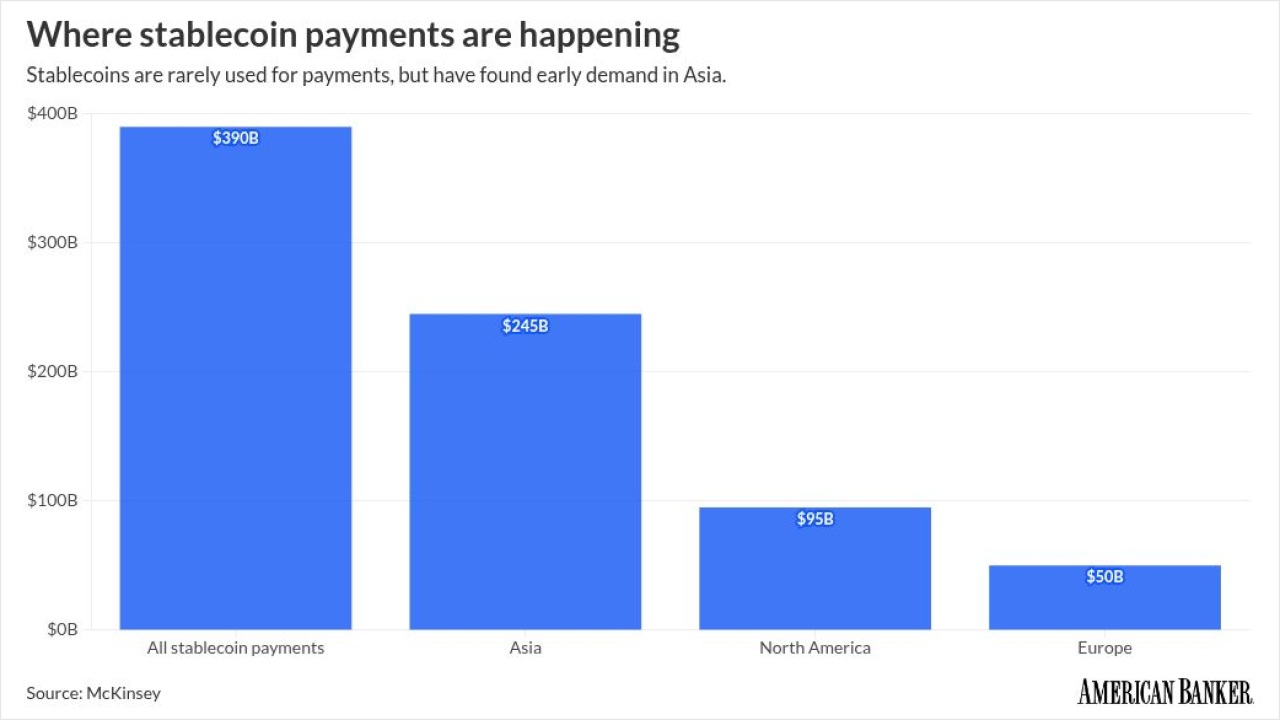Second of Two Parts Consumers are often more comfortable establishing a relationship with a firm with which they are familiar. Banks have demonstrated their recognition of the importance of brand awareness with the names of their investment sub-sidiaries-almost all feature their parent's brand. Savvy marketers of proprietary funds choose names that link their funds with the parent's brand associations, such as Wells Fargo & Co.'s Stagecoach funds and Great Western Financial Corp.'s Sierra family. But the recent surge of bank mergers and acquisitions is making it more difficult and more expensive for banks to build brand awareness across increasingly far-flung markets. Wells Fargo has had strong brand recognition in California for more than 100 years, but has only had a strong presence in nine other western states for just over a year. Its challenge is to manage cohesive, consistent brand-building efforts in areas where the recognition of the brand and its associations are inconsistent. Brand loyalty reflects how easily clients might leave the bank or do only a portion of their business with one institution. Bank brokerage firms were originally established to stop the disintermediation that occurred when the bank's customers could not invest there. Recognizing the loyalty of their customers, many banks set up discount and full-service brokerage subsidiaries to capture these assets. Bank brokerage firms can measure brand loyalty by reviewing how many bank clients have brokerage accounts, the number of inactive brokerage accounts, and the frequency that bank checks are drawn payable to other investment providers. A bank's brand carries associations based on the perceptions clients or prospects have. These perceptions are not necessarily based on detailed information about the products and services provided. This is particularly true in the case of financial services, where direct comparison among relatively standardized products is difficult. Strong brand equity can provide value to a firm in several ways. While few, if any, financial products are truly proprietary, positive associations can build customer/bank relationships that are not easily replicated and provide an effective barrier to competitive inroads. In its most basic form, brand equity can be translated into the price a client is willing to pay for a firm's services. Charles Schwab's electronic trading service, e.Schwab, uses an advertising slogan that leverages the firm's strong brand name-'Know the name behind the e'-instead of low prices in this very price-sensitive channel. Because of the strength of the parent brand, e.Schwab can charge about twice as much per transaction as many of its lesser-known competitors but still have the greatest number of electronic trading clients. In addition to giving a company a sustainable competitive advantage and higher margin potential, a strong brand gives its owner a license to expand into new products and services with a speed and economy not possible for a start-up. Banks were more readily able to establish a presence in the retail brokerage community by virtue of the value of their parent brand. The cost of establishing the customer base, reputation, and loyalty for fledging brokerage firms immediately puts their returns on investment at a disadvantage relative to banks with recognizable brands. Banks should note that any brand extension must be carefully evaluated for its fit with the parent brand or it could end up injuring the golden goose. Banks that establish proprietary mutual funds without the scale, distribution channel, or willingness to invest in top-flight investment managers will diminish the bank's brand equity by associating the institution with an expensive, poor quality product. Banks and their investment subsidiaries are realizing that just as they manage their people and technologies as assets, they need to manage their brands as assets. While employees can leave and past investment performance is fleeting, deft strategic management of a brand can provide banks with the power to outperform their peers at competitive firms in good times and the cover to weather the bad times. Mr. Lodes is a senior associate at Prophet, a San Francisco-based consulting firm to financial institutions.
Processing Content





